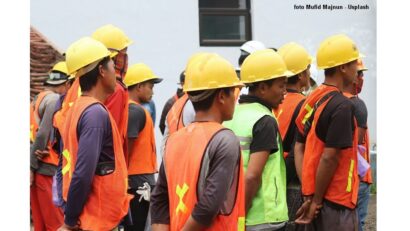Romania’s rural areas need better medical services
While all citizens are guaranteed access to medical services, there are big differences between the rural and urban areas in this respect.

Luana Pleşea, 31.12.2014, 12:55
Many people face huge difficulties when it comes to getting the medical care they are entitled to. One reason for this is the small number of family doctors in villages, in spite of the fact that 40% of Romania’s population lives in the countryside. People living in rural areas often have to travel to another village to see a family doctor and many of them cannot afford to pay the transportation fee. Not being aware of their rights in terms of access to medical services is another big problem of the people living in rural areas, as Daniela Buzducea, advocacy director with World Vision Romania has noted:
“There are people who are not aware that children and pregnant women have access to free medical services, no matter if they have health insurance or not. We believe more should be invested in raising people’s awareness of their rights. We also believe that education should start at an early age. Unfortunately, Romania has a problem with unplanned and unwanted teenage pregnancies.”
The lack of health education is reflected in the high infant mortality rate in Romania. Daniela Buzducea:
“In the rural area, the infant mortality rate is almost double in certain areas as compared to the national average. 20% of the families with children aged under 5 have never taken their infants to a doctor, although there are strict guidelines as to the medical check-ups children must undergo before the age of 5. Another problem is the big number of malnourished children.”
Against this background, several initiatives aimed at improving the situation have been launched:
“A number of programmes have already been run and the results are already visible. One example is a programme that combines continuing education for GPs and nurses in rural areas with information campaigns for parents and material support for underprivileged families. This support is not of a financial nature, but tries to develop these families’ capacity to improve their economic skills to be able to provide quality food for their children. Unless we invest in the nutrition of young children, it will be much more expensive to deal with the health problems that may appear later on.”
These initiatives have also found a voice in the European Union. This autumn, MEP Victor Negrescu, from the Group of Socialists and Democrats, secured the support of the European Parliament for a pilot project worth 1 million euros, aimed at involving the European Union in the process of improving healthcare services, those in rural areas in particular. Victor Negrescu explains:
“We will work with health experts and try to find practical solutions that can actually be implemented, so as to improve and increase access to medical services in rural areas. Based on the experts’ proposals, these solutions will be implemented in one or two villages, hopefully in Romania, to see if they work. The solution that works best will receive 3 million euros worth of funding in the following year to implement the programme in different villages and see how it works. If all goes well, in three years at the most, a financing system will become available for the first time to all villages in Romania and the European Union allowing local authorities and doctors in rural areas access to funds for bringing medical services to rural areas, improving the quality of the existing services and purchasing new medical equipment. This is the first step towards a true financing system for medical services in the countryside.”
MEP Victor Negrescu also agrees that education regarding access to healthcare services is extremely important:
“We have to make people aware of their choices, of how to take care of their nutrition and other things that are crucial for their health and can prevent serious medical problems. The second most important thing is prevention. Apart from medical interventions as such, we have to focus on prevention, which implies regular medical checks and going to a doctor when faced with a health problem. These things are very important in rural areas, where people do not have direct access to a chemist’s or a doctor and sometimes find out too late that they have a serious medical problem that can no longer be treated.”






























